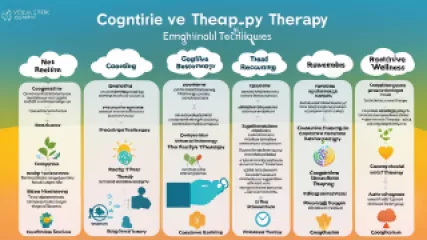10 Proven Strategies to Boost the Psychology of Persuasion
vor 1 Jahr
Überzeugungspsychologie
Mastering Mood Management: A Step-by-Step Guide
vor 1 Jahr
Stimmungen verstehen
My Journey to Understanding and Embracing My Moods
vor 1 Jahr
Stimmungen verstehen
10 Best Cognitive Therapy Techniques for Emotional Wellness
vor 1 Jahr
Kognitive Therapie
My Journey to Overcoming Self-Sabotage
vor 1 Jahr
Selbstsabotage verstehen
My Journey to Improving Emotional Intelligence
vor 1 Jahr
Grundlagen der emotionalen Intelligenz
7 Common Self-Sabotage Triggers (And How to Overcome Them)
vor 1 Jahr
Selbstsabotage verstehen
Unlocking the Secrets of Successful Psychology: A Research Summary
vor 1 Jahr
Erfolgspsychologie
Top 10 Mental Health Apps to Boost Your Well-Being
vor 1 Jahr
Apps für psychische Gesundheit
Unleashing Your Persuasive Power: Lessons from Influential Films
vor 1 Jahr
Überzeugungspsychologie
Why We Self-Sabotage and How to Break the Cycle
vor 1 Jahr
Selbstsabotage verstehen
Navigating Change: An Interview with a Mindfulness Expert
vor 1 Jahr
Angst vor Veränderung überwinden
The Ultimate Guide to Understanding Moods
vor 1 Jahr
Stimmungen verstehen
The Ultimate Guide to Mental Health Apps
vor 1 Jahr
Apps für psychische Gesundheit
How I Conquered My Fear of Change: A Personal Journey
vor 1 Jahr
Angst vor Veränderung überwinden















